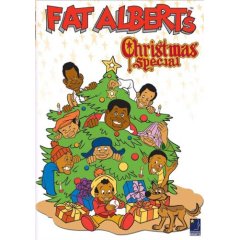
you're looking
for is right here:
Save money!

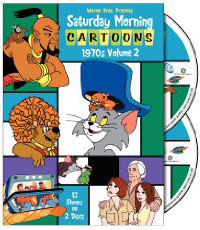

 |
Everything
you're looking for is right here: Save money! |
 |
 |
 |
||
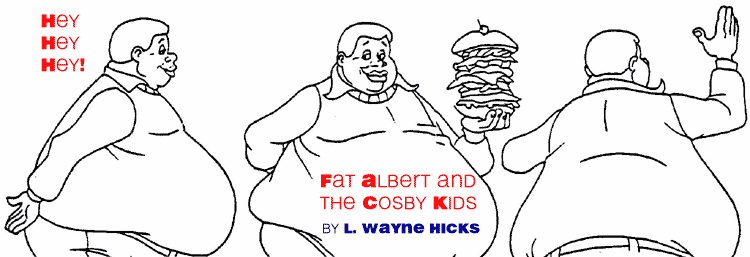
PART TWO
/ Click here for part one
|
IN THE HANDS OF FILMATION
Scheimer believes CBS was willing to take on "Fat Albert and the Cosby Kids" because the network wanted Cosby for a nighttime variety show. CBS picked up both shows, but the variety program was gone within a year. "Fat Albert and the Cosby Kids" made its debut Sept. 9, 1972, and enjoyed a 12-year run before entering the syndication market. For its last five years, the program was called "The New Fat Albert Show." Putting the TV series in the hands of Filmation prompted a few changes. Mundie's rougher style of animation was discarded. Minor tweaks were made to the characters. In the first special, Dumb Donald's face was visible and the character with the cap pulled down over his face was named Nolan. Nolan - and another character named Weasel - were dropped by Filmation, who added Bucky and Mushmouth.
"You don't give Mushmouth a lot of lines," writer Larry DiTillio said, "because no one could ever understand what Mushmouth said. So you never gave him a key line. He was one of the kids who probably never got a show concentrating on him because of the dialogue problem. He was very funny, but you couldn't understand what he was saying half the time. You basically had to keep Mushmouth for the comic moments and not do a whole show with him because you'd lose half the show." Although he did many of the voices, Cosby wasn't as involved with providing input on Filmation's production of "Fat Albert" as he was when Mundie was making "Hey, Hey, Hey." But Cosby's routines did provide the basis for some episodes. His bit about getting his tonsils out turned up on "Fat Albert," with both the Bill and Russell characters winding up in the hospital. A routine about street football formed the basis of an episode, as did Cosby's recollections of playing "buck buck."
"We tried to make it fun by having all the kids help him," DiTillio said. "Meanwhile, we got across the fact this is how you study. You do repetition. You ask questions. So it did pass a lot of useful information to kids, but also within a context of being funny. The first priority was to be funny." BILL COSBY DROPS BY
"It was always irritating not to do very many shows because there were so many messages you wanted to get across and so much you wanted to do with the show," said Scheimer, who produced the cartoons as cheaply as possible. Each episode cost between $80,000 and $85,000. To cut costs, Filmation used some of the same footage again and again. "Filmation pioneered the use of what's called stock system where they would reuse various components, not just backgrounds," London said. "If you watch 'Fat Albert' carefully, you'll see lots of specific pieces of animation that are reused against different backgrounds, like a walk cycle and things like that. It was borne of necessity. They are absolutely not to be faulted for that. It was actually a very clever way to make the best of a very limited budget that you have on a children's television show. Lou, to his credit, came up with very clever ways to sort of maximize what he could do with the dollars he got."
"It was very exciting when Bill came because he was a big star," DiTillio said. "He had this whole entourage - one guy just to carry his cigar. He was constantly smoking a cigar. He would never, of course, smoke on camera. The minute he'd finish a take a guy would come running out with a big cigar. Bill would take a few puffs and we'd go on to the next show. "He's a very talented performer, Bill, and he could get the things done in one take or two takes," DiTillio said. "They were basically speeches and expositions and a couple of little gags there. He didn't ad lib much because of the schedule. He had to follow the script because we'd get hopelessly behind if he was going to do a lot of ad-libbing, although sometimes he would."
|
Please consider a donation
so we can continue this work!
Amazon Prime - unlimited streaming PR4 & PR5 Pages for Advertising
|
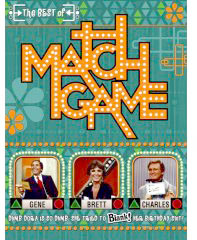 |
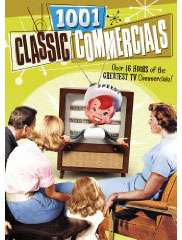 |
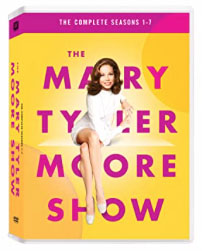 |
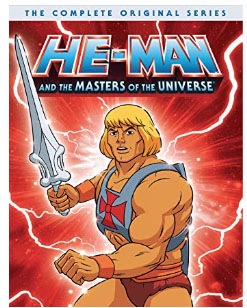 |
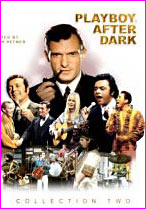 |
|
|
|
||||||||||
Save money! |